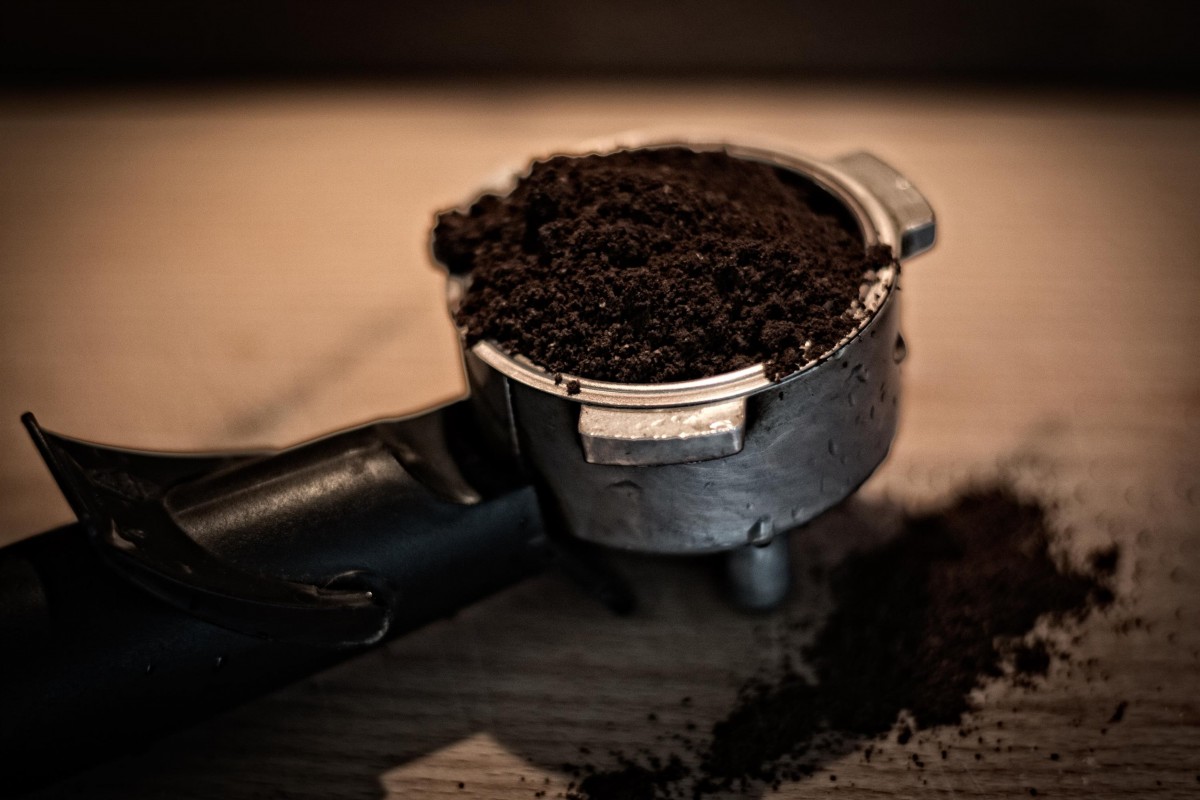
I like a good steaming cup of my caffeine delivery of choice in the morning—specifically, that magical elixir coffee! And I’m not alone: After water (naturally) and tea, coffee is one of the world’s most popular drinks, and humanity is estimated to produce 54 million tonnes of spent coffee grounds annually. And though they do have secondary household uses, like tossing them into potted plants as a fertilizer, most used grounds end up in the green bin.
But researchers from RMIT University in Australia have noted this wasted opportunity, and have jumped on a novel way to reuse coffee grounds—in concrete. It turns out when used coffee grounds are processed into a substance called biochar and mixed into the concrete matrix, it results in a product that is 30% stronger than standard concrete. If this can be scaled up, it will lessen the environmental pressures of landfill-bound coffee grounds, and find the natural sand that the biochar partially replaces.
“Creating biochar involves roasting used coffee grounds in the same way unused beans are roasted to enhance their taste, said study co-lead Dr Rajeev Roychand of RMIT.
‘We do the same thing, but in the absence of oxygen [to prevent carbon dioxide from being produced],’ Roychand said. ‘We don’t want carbon to get into the atmosphere and add to greenhouse gas emissions.’
The process, called pyrolysis, involves heating the coffee waste to about 350C. The team says their technique is more energy efficient because it requires lower than usual temperatures.”
I love this personal detail: The researchers were inspired to try this out when they observed themselves throwing away piles of coffee grounds in their own java-fuelled offices. They’re now contacting local city governments to get real-world trials of the new concrete started, to test the long-term durability. I wonder how this coffee cement will perform stacked up against the shrimp shell cement we looked at in this newsletter exactly a year ago. And I also wonder what food waste product will disrupt the construction materials industry next!